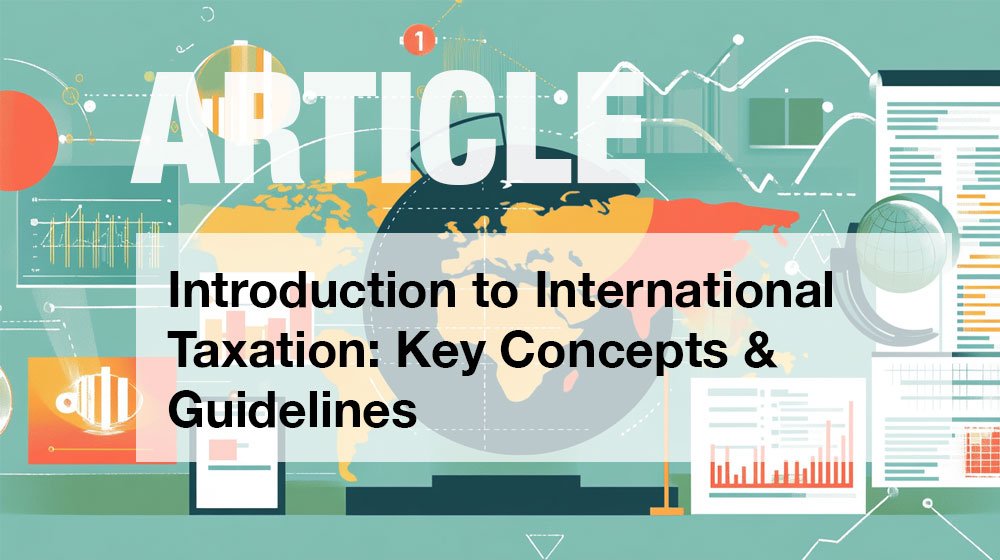Comparability Analysis in Transfer PricingTransfer pricing is a fundamental concept in international taxation that defines the pricing methods and rules applied to transactions between related entities within a multinational enterprise (MNE). In the context of tax regulations, it governs how prices for goods, services, or intangibles (such as intellectual property) are set when these items are exchanged between different branches, subsidiaries, or affiliates of... More is a cornerstone of ensuring that transactions between related parties in multinational enterprisesWhat are Multinational Enterprises (MNEs)? Multinational Enterprises, commonly referred to as MNEs, are corporations that operate in multiple countries through various subsidiaries, branches, or affiliates. These entities maintain a central management structure while leveraging diverse resources, labour markets, and customer bases across borders. The fundamental aspect that distinguishes MNEs from other corporate forms is their cross-border activity, which can include... More (MNEsWhat are Multinational Enterprises (MNEs)? Multinational Enterprises, commonly referred to as MNEs, are corporations that operate in multiple countries through various subsidiaries, branches, or affiliates. These entities maintain a central management structure while leveraging diverse resources, labour markets, and customer bases across borders. The fundamental aspect that distinguishes MNEs from other corporate forms is their cross-border activity, which can include... More) comply with the arm’s length principleThe Arm’s Length Principle (ALP) is a cornerstone concept in international taxation and transfer pricing. It requires that transactions between related parties, such as subsidiaries or affiliates within a multinational enterprise (MNE), mirror those that would occur between independent entities under similar circumstances. This principle ensures that each entity within an MNE is compensated fairly and transparently, based on the... More, as defined by the OECDThe Organisation for Economic Co-operation and Development (OECD) is an international organisation comprising 38 member countries, established to foster economic growth, trade, and development on a global scale. Founded in 1961, the OECD provides a forum for governments to collaborate, share policy experiences, and develop solutions to common economic challenges. The OECD's core mission is to promote policies that improve... More and other international bodies.




